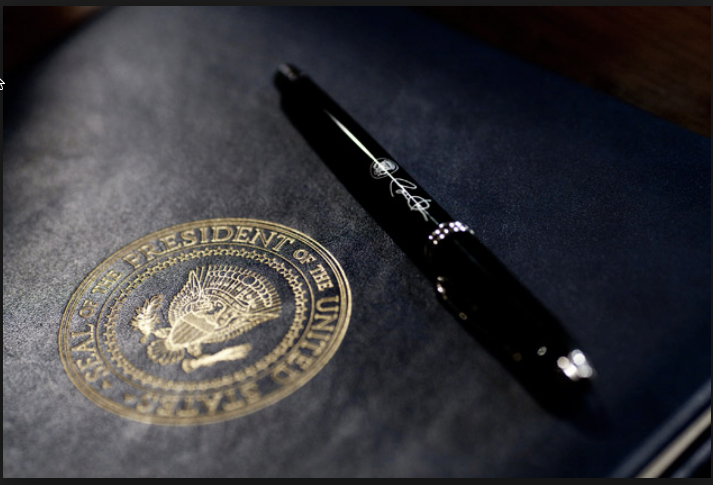The broader question raised by the pardon, then, is where Trump would draw the line. If he’s willing to pardon Joe Arpaio for ignoring a court order in service of a political goal Trump embraces, why wouldn’t he pardon another individual he respects for similarly ignoring a demand from the court. Say, a former employee or a family member who, say, was issued a subpoena to testify before a special prosecutor?
One message from the Arpaio pardon is precisely that Trump sees his evaluation of the boundaries of legality as superior to the boundaries set by the legal system. The Constitution gives him that power. As we’ve noted before the presidential pardon is absolute. He can pardon anyone for any federal crime at any time — even before the person actually faces any charges and even if no crime actually took place. There’s nothing anyone can do about it, except to impeach Trump and remove him from office to prevent him from doing it again. (The president who replaces him might be able to revoke a recent pardon, one expert told us, but it’s far from certain.)
In other words, if any of Trump’s allies decides to tell special counsel Robert Mueller to stick his subpoena in the south side of the National Mall, Mueller can press a court for contempt charges. The person could be convicted of those charges — and then get a pardon identical to Arpaio’s.




